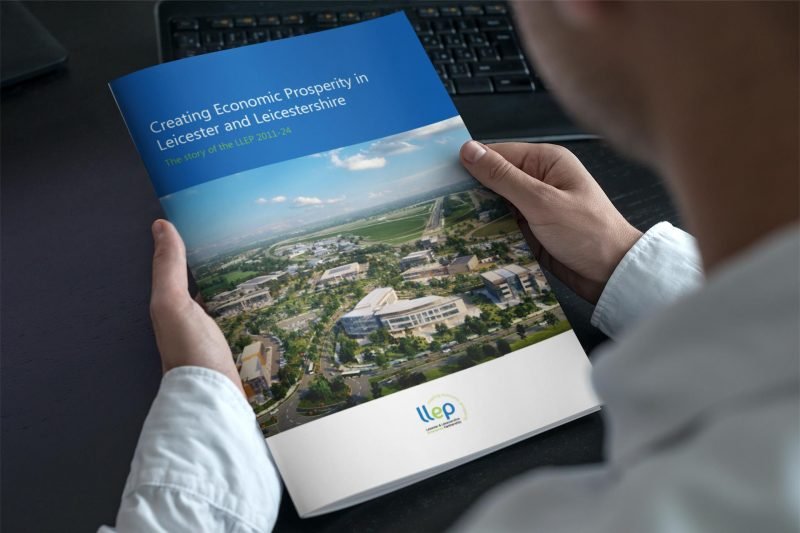Increasingly ‘Place’ is at the heart of policy making and delivery - but what does it mean? Here are a few resources.
Partnerships for People and Place: Guidance and advice for officials working on place-based policymaking…..
Partnerships for People and Place (PfPP) was a two-year programme of work funded by HM Treasury via the Shared Outcomes Fund. It ran from February 2021 to March 2023.
It aimed to test a new approach to how government departments undertake ‘place based’ policy design and delivery, by working in 13 places facing social policy challenges which they felt could be better tackled via closer working between central and local government.
For the purposes of this paper ‘place-based’ work means collaborative partnerships between central government, councils and other key partners to produce solutions to specific challenges or issues facing places and communities.
This paper outlines 5 common barriers which can prevent this way of working:
Structure. Departmental structures can be complex and difficult to navigate.
Priorities. National and local priorities are often misaligned.
Funding. Labour intensive, complex and competitive funding programmes.
Data-sharing. Real and perceived data sharing restrictions.
Culture. Open and collaborative place-based working is not the norm.
It then sets out some practical recommendations and learning from PfPP and other place-based initiatives, which may help civil servants and other colleagues to tackle the barriers which we have identified.
The paper also includes brief case studies, to bring to life examples of place-based work delivered by central government and local partners - these are annexed in full at the end.
Overall, the paper points to a growing evidence base to support place-based working as a tool to improve the lives of communities and the outcomes achieved in a place.

